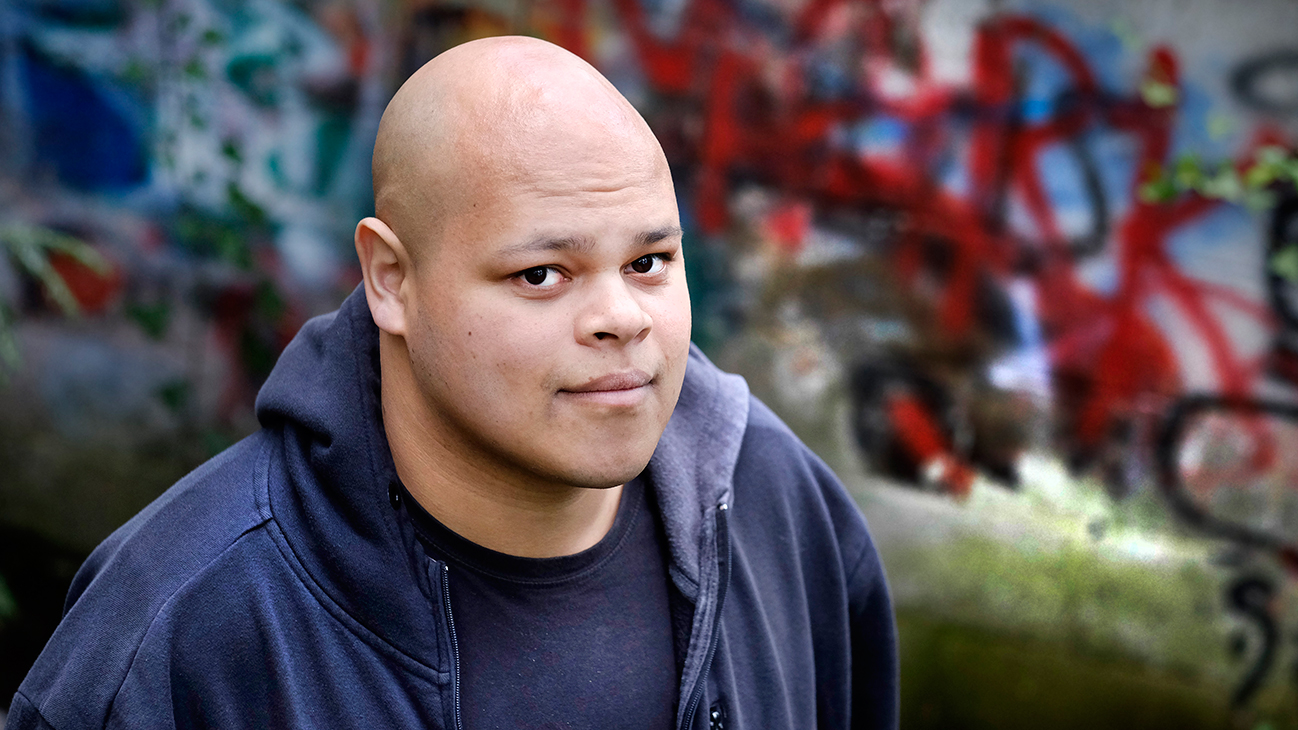Jamil Jivani tackles some of the biggest challenges in the world as a lawyer, community organizer, and teacher. A visiting professor at Osgoode Hall Law School, Jamil focuses on issues that impact youth, immigrants, and low-income families. He is also the founder of the Citizen Empowerment Project, a public education organization leading initiatives related to policing, racial profiling, democratic participation, voter turnout and economic development. Jamil recently spoke to CBC Sunday Edition host Michael Enright, about the link between young men who join gangs, and young men who join terror cells. Listen below:
In the days after the devastating Paris terror attacks, an all-too-familiar picture of those responsible for the carnage emerged. The attackers ranged in age from 20 to 31. The ringleaders came from a neighbourhood in Brussels called Molenbeek.
It is a place that has become, in many ways, synonymous with the idea of radicalized young men. Many residents are second-generation immigrants, growing up steeped in anger and alienation and rejected by a dominant society that views them with fear and treats them with suspicion.
It’s a feeling a young Canadian lawyer, community organizer and professor named Jamil Jivani knows well. Anger and alienation are familiar forces in the lives of young men he knows.
But in his neighbourhood — Toronto’s Jane and Finch — the young men join gangs, not terrorist cells.
Jivani is currently writing a book called Why Young Men? about the parallels between troubled young men who participate in local tragedies like shootings, and troubled young men whose acts of violence seize international attention. After the Paris attacks, he spent three months in Molenbeek, the Brussels neighbourhood where many of the attackers grew up, talking to people about common solutions to the challenges facing young men in Molenbeek and young men in his own community.
Jivani grew up in Brampton, Ontario. As a young man, he struggled in school, and early negative experiences with the police had a profound impact the way he viewed his place in society. He says he grew up believing he lived in a rigged world, and it was only after he realized that he would have to be responsible for helping to support his sisters that he started to change his life. He went on to get a law degree from Yale University, and today — at age 29 — he is a visiting professor at Osgoode Hall Law School at York University in Toronto.
Jivani is also a community organizer in the Jane and Finch neighbourhood in Toronto, and the founder of the Policing Literacy Initiative. He spoke to Michael Enright about why it’s so easy for gangs and ISIS leaders to recruit young men, the parallels between police carding and stop-and-frisk policies in North America and police responses to terrorism in Europe, and how to empower young men to think differently about their masculinity.

